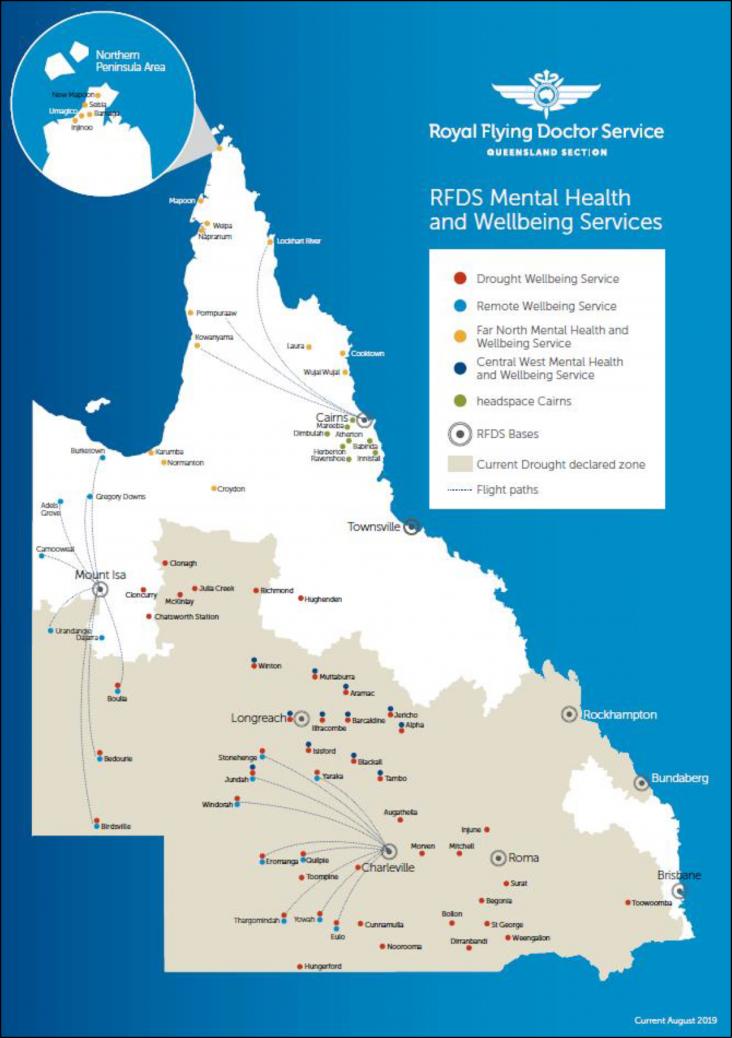This paper concludes that the SIVESNU (Sistema de Vigilancia Epidemiológica de Salud y Nutrición) surveillance platform is a critical tool for government and partners, addresses key data gaps, and provides high-quality data used to monitor and improve public health in Guatemala.
This Review supports SDGs 3 and 6, focusing on the complex ways that multiple factors interact during droughts to influence HIV treatment adherence. The authors suggest that economic and livelihood challenges resulting from food and water insecurity during droughts have the biggest impact on adherence.
The largest US cancer health disparity exists in prostate cancer, with Black men having more than a two-fold increased risk of dying from prostate cancer compared to all other races. Studies on biology and access to healthcare similarly highlight the need for increased representation of men from underserved racial groups, particularly Black men, in translational and clinical research to fully comprehend and appreciate the tumour heterogeneity.
The data presented in this study indicate air pollution (AP) induces an epithelial-to-mesenchymal transition-like phenotype of BEAS-2B cells in 3D spheroid cultures. This opens new avenues for drug development for the treatment of lung diseases induced by AP. The 3D spheroid cell culture is a novel, innovative and physiologically relevant model for culturing a variety of cells. It is a versatile tool for both high-throughput studies and for identifying molecular mechanisms involved in bronchial epithelial cell (patho)physiology.
An Article on the vulnerability of Indigenous populations to pandemics, in the context of SDGs 3 and 10, focusing specifically on the clinical characteristics and outcomes following COVID-19 in Indigenous Brazilian individuals.

A cohort study in Queensland, Australia, in the context of SDG 3 and 10, highlighting the need for culturally appropriate mental health and wellbeing services that meet the needs of Indigenous communities.

